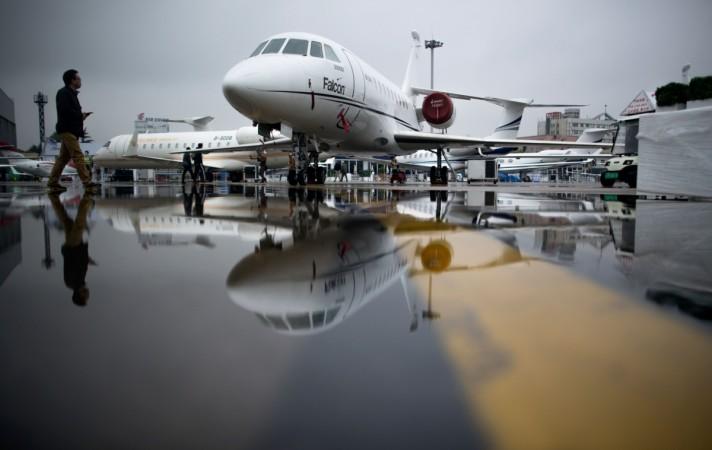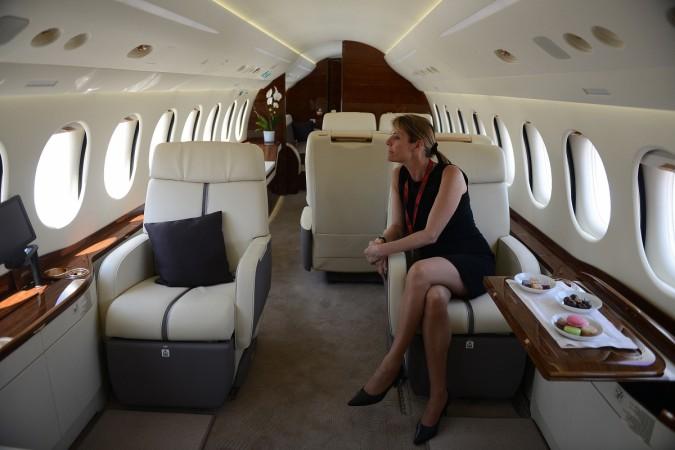
Dassault-Reliance Aerospace has started producing parts for Falcon 2000 LX executive jets at its Nagpur facility, even as the controversy around the Rafale deal refuses to die down. Currently, the plant is supplying components for executive jets that are being assembled in France, but the company plans to ramp up production at the facility in the next three years to produce complete Falcon 2000 LX jets by 2022.
The company is a joint venture between French aircraft major Dassault Aviation SA and Mumbai-based Reliance Group, led by beleaguered businessman Anil Ambani. The manufacturing unit was set up to meet some of the offset obligations for the 7.87-billion-euro Rafale deal and the French company has invested around 8.5 billion rupees for the same. The company is expected to inform the government in October about the commencement of production at the facility to claim offset credits for the military jet contract.
Though the facility is part of the Rafale deal, no components for the fighter jet will be manufactured at the site, top executives of the company told The Economic Times. However, they did not rule out the possibility of manufacturing parts for the military aircraft in the future if India decides to expand the initial order of 36 jets.

"By early 2022, we want to assemble the complete Falcon 2000 aircraft here in Nagpur and we want to fly it out from here," Sampathkumaran ST, Chief Executive Officer of Dassault Reliance Aerospace, told the newspaper. The plant will be capable of producing two aircraft per month once fully operational.
Lower cost of production
The Nagpur plant is presently assembling cockpit and fuel tank parts for the executive jet. Media reports claim that the Make in India project is expected to reduce the cost of the popular aircraft by $5 million, due to lower labour and production costs as compared to the current facility in France.
With a price tag of $35 million, the lower cost of production in India will give the Falcon 2000 jet a competitive advantage over its rivals in the international market. When fully operational, the plant will employ over 650 high-skilled personnel and will become the first private sector assembly line to produce commercial jets in the country.
















